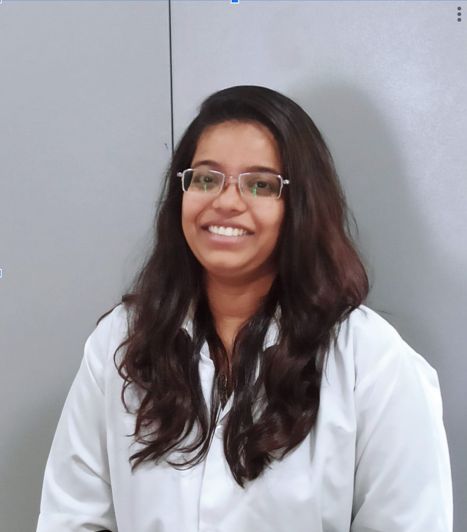Diagnostic Services
1. Comprehensive psychiatric evaluation: Detailed assessment of mental health history, symptoms, and overall functioning.
2. Psychological testing and assessments: Use of standardized tools to diagnose mental health conditions.
Medication Management
1. Prescribing psychotropic medications: Management of medications for conditions such as depression, anxiety, bipolar disorder, schizophrenia, ADHD, and others.
2. Medication monitoring: Regular follow-ups to assess the effectiveness and side effects of prescribed medications.
3. Medication adjustments: Modifying dosages or switching medications based on patient response and side effects.
Psychotherapy Services
1. Individual therapy: One-on-one sessions to explore thoughts, feelings, and behaviours, and develop coping strategies.
2. Group therapy: Therapy sessions with multiple patients who share similar issues.
3. Family therapy: Involvement of family members to address dynamics that affect the patient’s mental health.
4. Couples therapy: Therapy focusing on relationship issues between partners.
Specialized Therapy
1. Cognitive-behavioural therapy (CBT): Structured therapy focusing on changing negative thought patterns and behaviours.
2. Dialectical behaviour therapy (DBT): Therapy combining CBT with mindfulness techniques, often used for borderline personality disorder.
3. Psychodynamic therapy: Therapy exploring unconscious processes and past experiences.
4. Interpersonal therapy (IPT): Therapy focusing on improving interpersonal relationships and social functioning.
Crisis Intervention
1. Emergency psychiatric care: Immediate treatment for acute mental health crises, such as suicidal ideation or psychosis.
2. Crisis stabilization: Short-term interventions to stabilize severe symptoms and prevent hospitalization.
Specialized Treatments
1. Electroconvulsive therapy (ECT): Use of electrical stimulation to treat severe depression and other mental health conditions.
2. Transcranial magnetic stimulation (TMS): Non-invasive procedure using magnetic fields to stimulate nerve cells in the brain.
3. Ketamine treatment: Administration of ketamine for treatment-resistant depression.
Substance Abuse Treatment
1. Detoxification and withdrawal management: Medical supervision of withdrawal from substances.
2. Medication-assisted treatment (MAT): Use of medications like methadone, buprenorphine, and naltrexone to treat substance use disorders.
3. Counseling and support groups: Therapy and support for addiction recovery.
Child and Adolescent Psychiatry
1. Developmental assessments: Evaluation of developmental and behavioral issues in children and adolescents.
2. Parent training and support: Guidance for parents on managing their child’s mental health issues.
Geriatric Psychiatry
1. Assessment and treatment of mental health in older adults: Management of conditions like dementia, depression, and anxiety in the elderly.
Consultation-Liaison Psychiatry
1. Hospital consultations: Providing psychiatric evaluations and treatment recommendations for hospitalized patients with medical and surgical conditions.
2. Collaboration with other healthcare providers: Working with primary care physicians and specialists to integrate mental health care with overall medical care.
Preventive Services
1. Mental health education and outreach: Providing information and resources to promote mental wellness and prevent mental illness.
2. Stress management and resilience training: Programs to enhance coping skills and resilience.
Community and Social Support
1. Case management: Coordinating care and services for patients with complex needs.
2. Referral to community resources: Connecting patients with support services such as housing, employment, and social services.




